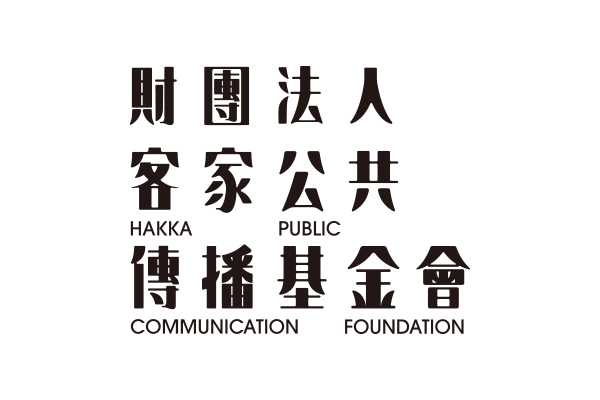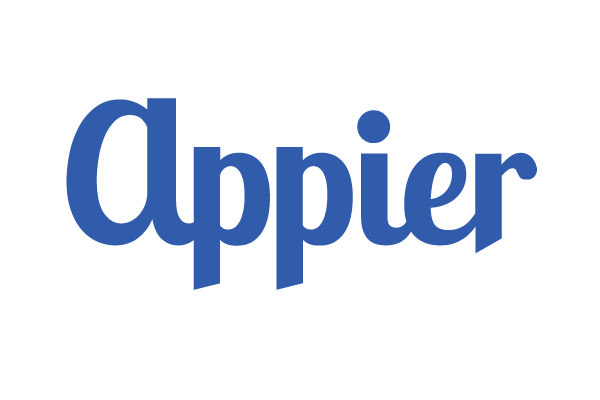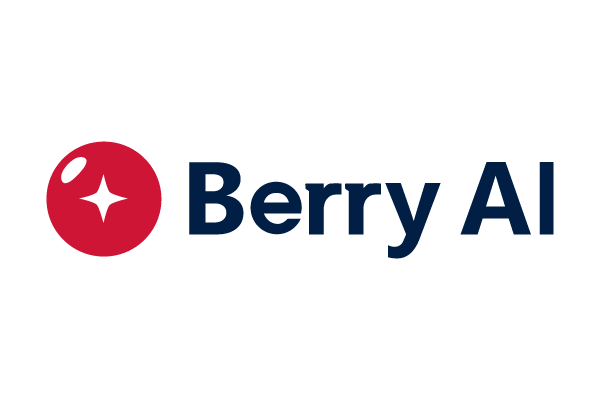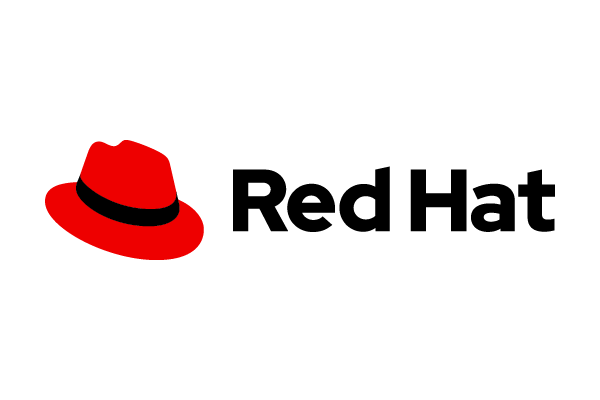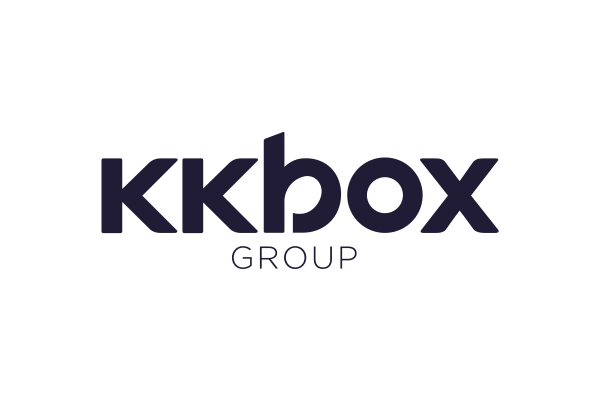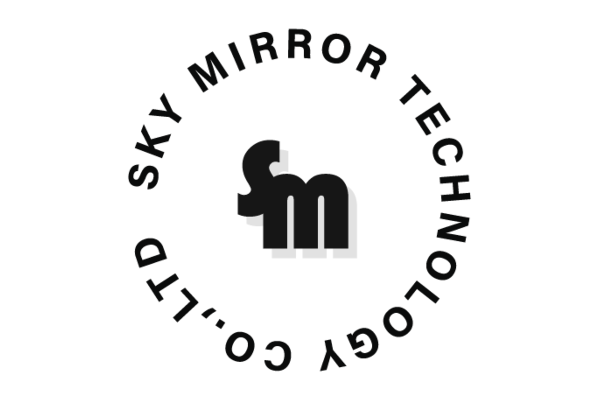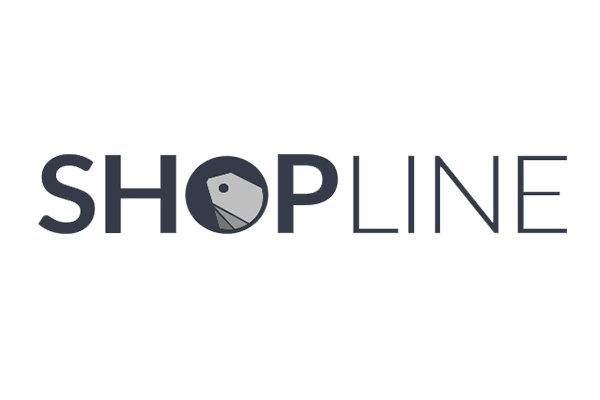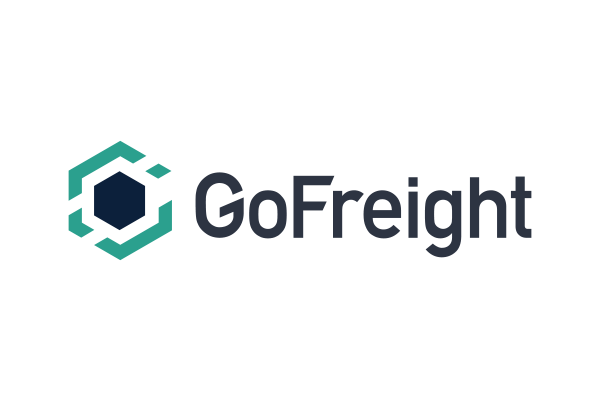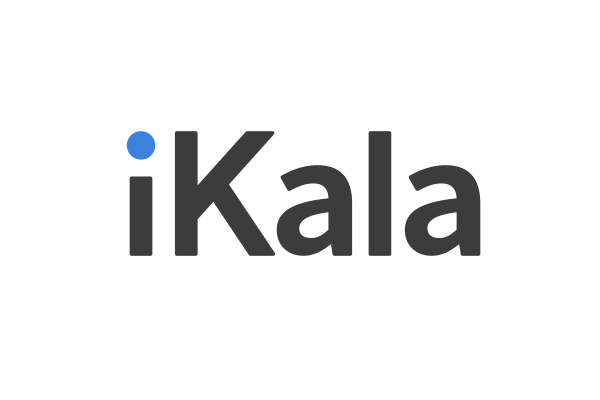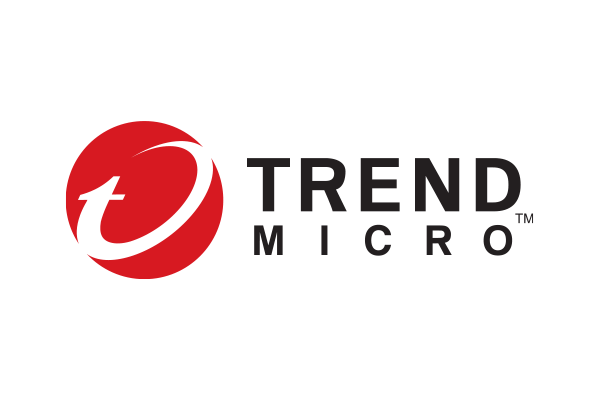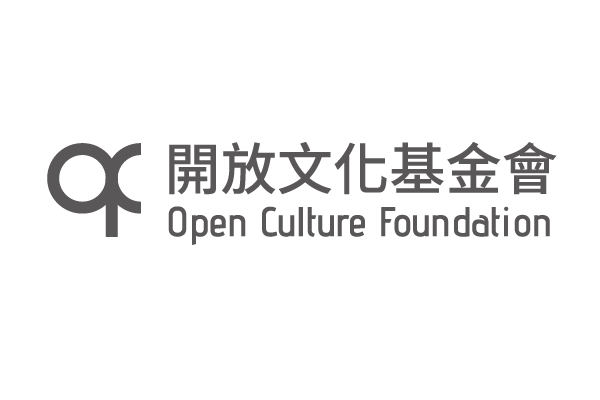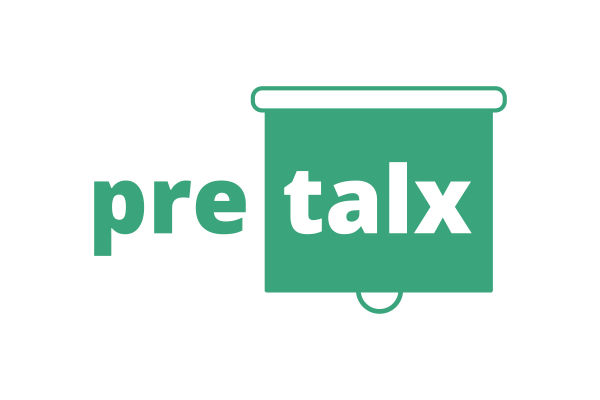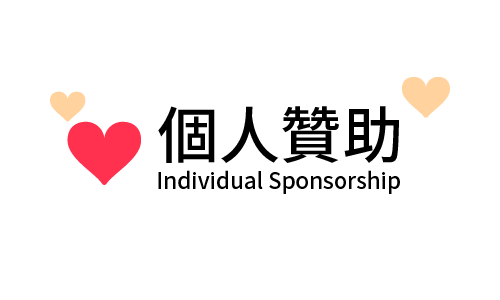Hey, Let’s Talk About “Open”
Is your “open” my “open”?
From open system, open source, open content licensing, open Internet, to open government, open data, open API, and open AI, etc., our digital life is filled with the lexicon of “open”. This led us to dig further about “open”, what does it mean and how does its meaning evolve?
In other words, what are we talking about when using the term “open”?
In this session, we will (re)visit different scenarios of “open” – including the open source as one of the key contexts – to understand its changing meaning and usage as well as associated debates.
We also would like to have an opportunity to jam with COSCUP participants about related topics of open in the future tense. If we care about “open” and think of it as important, how can we sustain it, or what role do we want it to play in our future life?
This proposal is sprouted from our research and civic interests. It is also inspired by one of the COSCUP 2020 talks titled “What Is Open, Anyway?” as well as the release of Open Future Foundation (a think tank of EU/The Netherlands) on “The Paradox of Open” and Mozilla’s 2021 white paper titled “Reimagine Open: Building Better Internet Experiences”.
About Rebecca C. Fan
Postdoctoral Fellow, Research Center for Information Technology Innovation, National Science Park of Taiwan (currently known as Academia Sinica).
My path is perhaps a bit different, a bit interdisciplinary, and a bit slanted.
From anthropology, sociology, international human rights law and politics → → → crossed over to the fields of technology and human rights, data science and socio-technical systems research, mixed with advocacy work for human rights at the United Nations, curating documentary film festival, writing random essays on performing arts, and global travel to nearly 20 countries.
About Ming-Syuan Ho
Ho Ming-Syuan currently works in the Information Technology Innovation Research Center of Academia Sinica, responsible for the implementation of research data management projects and digital data sharing projects. Before entering the Academia Sinica, he worked in a human rights organization for a long time and carried out advocacy on digital human rights. In the future, he hope to combine current and past experience to promote a reliable data sharing mechanism.
About Tyng-Ruey Chuang
Associate Researcher, Institute of Information Science, Academia Sinica

